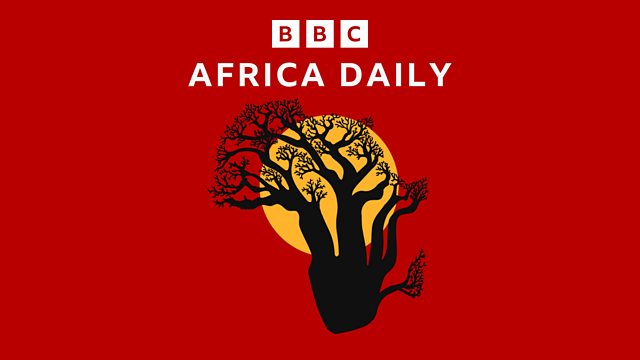Why is Afrikaans such a controversial language in South Africa?
Ryanair used the Afrikaans language to test the nationality of South African travellers. But it abandoned the policy, amid public anger
Budget airline Ryanair recently introduced a policy that forced South African travellers to the UK to do a test in the Afrikaans language.
This, it said, was aimed at proving the passengers’ nationality, in an effort to weed out those using counterfeit passports.
The quiz contained questions such as ‘what is South Africa's international dialling code?’, ‘what is its capital city?’ and ‘who is the current president?’.
Anyone who failed this test was refused travel and refunded the cost of their ticket.
This policy caused a furore, with many non-Afrikaans speaking South Africans saying they were being discriminated against.
The low-cost airline has now abandoned the policy.
Afrikaans is a language associated with a long and painful history of racial segregation in South Africa.
On June 16, South Africa marks Youth Day and remembers the 1976 Soweto Uprising that saw students take to the streets, in a protest many say changed the socio-political landscape in the country and paved the way that led to the end of the white minority rule.
One of the things the students were demonstrating against was the directive from authorities to make Afrikaans, alongside English, compulsory as a medium of instruction in schools.
Today Africa Daily is looking into why Afrikaans, as a language, can be seen as divisive to some.
Host: Alan Kasujja
Guest: Oupa Ngwenya, senior South African journalist and former student activist
Podcast
-
![]()
Africa Daily
One question to wake up to every weekday morning. One story from Africa, for Africa


